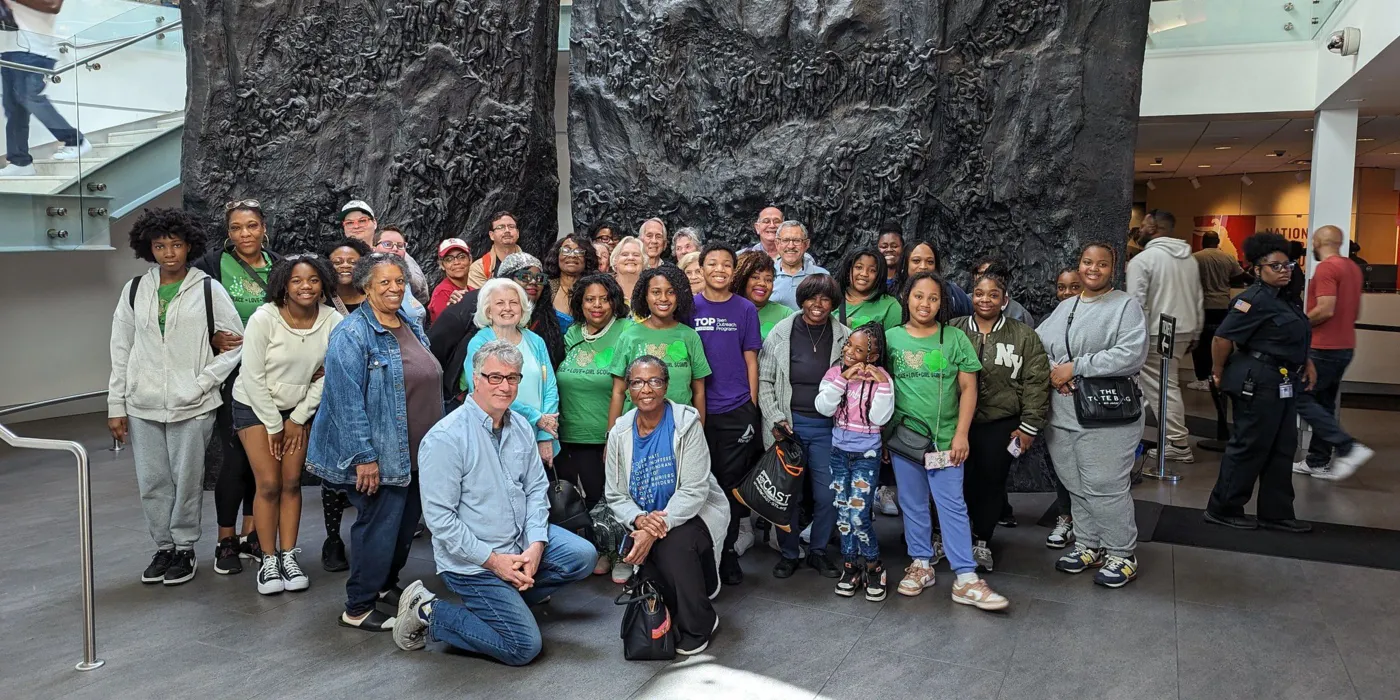
Our diocesan program Requiem or Renaissance will begin meeting in January, and a group of 18 brave and faithful congregations will begin discerning and building their next steps as communities of faith. Requiem or Renaissance is an 18-month discernment and skills-building program for all congregations receiving diocesan financial aid or otherwise in need of revitalization. In this program, our aided congregations will enter a discernment process that will help them determine God’s call to them: to a Requiem, a holy ending of this congregation’s ministry in this location at this time, or a Renaissance, a church re-plant with a new vision. As they are discerning, they will build skills to live out the call they articulate.
But what if you’re not a member of one of those congregations? What does Requiem or Renaissance have to do with you?
Quite a bit. As Bishop Deon is fond of saying, we are one church in many locations. The Diocese of Missouri is One household of faith that lives, works, and serves in multiple places across the eastern half of our state. What affects one congregation affects all. As St. Paul says in 1 Corinthians 12, “The eye cannot say to the hand, ‘I have no need of you’, nor again the head to the feet, ‘I have no need of you.’… If one member suffers, all suffer together with it; if one member is honored, all rejoice together with it.”
So first of all, our Requiem or Renaissance congregations need you. They need your faithful support in prayer. They need your stories of both successes and failures in your own congregation. When did you try a bold new venture in ministry and it turned out great? When did it not turn out so great, but the learning that the risk produced was well worth it? How have you developed your sense of common giftedness and shared vocation? Why do you believe in your church? How do you discern God’s call to you?
But it’s important to emphasize that this is a two-way street. You need the Requiem or Renaissance congregations as much as they need you. First of all, these congregations have been living the future of the church — the recognition of the uniquely paralyzing intersection of privilege and decline. They are out on the frontier of how the church is being called to adapt, and they are the pathfinders for adaptation and innovation among us. We will look to them to teach us the pitfalls and plusses of the road ahead.
So make Requiem or Renaissance a regular part of your prayer life and the work of your own congregation. Seek out opportunities to ask the participants what they’re learning, and offer the gifts of your own journeys of discernment. As St. Paul again reminds us, “Indeed, the body does not consist of one member but of many.” May the Body flourish richly across our diocese, through this work and all our common efforts.
